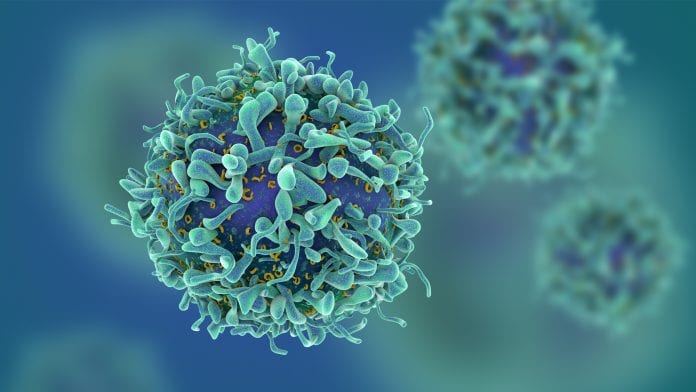
Published in Clinical Cancer Research, new insights into uterine sarcoma, a rare type of aggressive cancer, opens up novel avenues of study.
Revealed by Karolinska Institutet, Sweden, undifferentiated uterine sarcoma is a very rare but extremely aggressive cancer type and can be divided into four groups with different characteristics of clinical importance. The results also show that the survival rate of patients with a certain type of tumour is better than predicted.
Delving into the nuances of uterine sarcoma
Sarcoma is a collective name for 50 different cancers in the body’s mesenchymal (soft) tissues. Undifferentiated sarcoma of the uterus is a cancer that has a very poor prognosis, with a typical survival of less than two years.
The only treatment of any importance for the survival of a patient is surgery, whereas radiation therapy and chemotherapy do not have any noticeable effect. Since the tumour is so rare, researchers have limited knowledge of the aggressive cancer.
In the current study the researchers had the aim of gaining new knowledge about the tumour’s biological characteristics and relate these to the patient’s survival and the routine methods which are used in the laboratory.
Tumour material from 50 patients was examined with the help of both advanced molecular analyses and with more traditional clinical laboratory analyses.
Mapping the aggressive cancer
By means of molecular mapping and analysis of gene expression the tumours could be divided into four previously unknown groups. The four groups included different biological characteristics which are considered by the researchers to be of importance for patients.
Firstly, the patients had different survival rates depending on the group that the tumour belonged to. Secondly, the most aggressive cancer was characterised by a distinctive microscopic appearance and protein expression, therefore making them identifiable with the help of common laboratory techniques.
With the help of additional analyses, the researchers were able to identify new potential treatment targets.
Joseph Carlson, Associate Professor at the Department of Oncology-Pathology, Karolinska Institutet, explains: “It is too early to propose a new treatment that will be useful for the patients today, but the study opens up new avenues for future research, which will create in time new treatment possibilities for women who suffer from these rare tumours.”






















